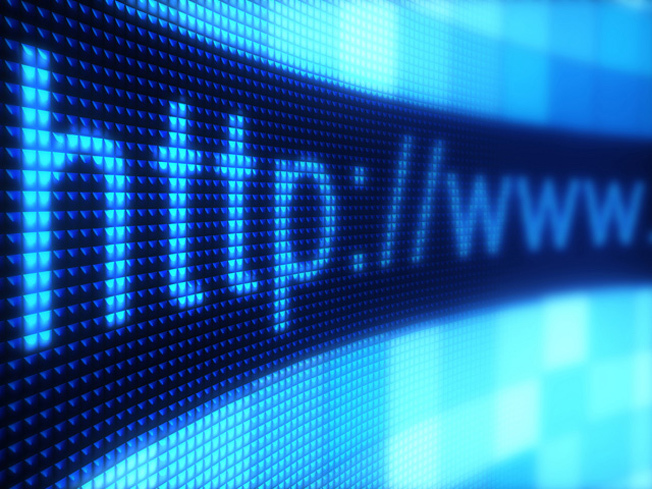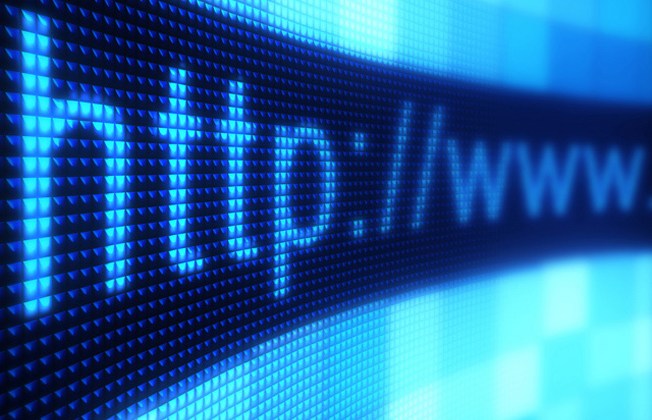 “Privacy is not an option, and it should not be the price we accept for just getting on the Internet.” -Gary Kovacs
“Privacy is not an option, and it should not be the price we accept for just getting on the Internet.” -Gary Kovacs
Privacy on the internet is a myth. Intrinsically, when you access the Internet, your privacy is not only compromised, it is basically non-existent. In the age of modern technology and fast internet, it seems like everything is just within reach and easily accessible. And though the Internet may be a metaphorical expressway for the convergence of ideas, meeting people from across the globe and so much more. The dangers it presents are very real.However, this does not mean that it should be considered as a free commodity. After all, if you have been perusing the Internet for years now, you should be able to consider yourself as Internet-savvy and well-versed as to how to protect yourself from being an easy target for theft and fraud. So, if you are keen on keeping your Internet usage private, here are some of the necessary precautions you can take:
1.) PRIVATE DATA BROWSING IS YOUR FRIEND
While having your data recorded and tracked can be beneficial, it can be incredibly invasive in some cases. One advantage often named by people who do not turn on their private data browsing is the fact that cookies are used to record your shopping and browsing habits. As a result, your online browsing experience would be more convenient. However, if you are uncomfortable with such a prying feature then turn on your private data browsing.
2.) CHANGE YOUR INTERNET PASSWORDS
Individuals—even online savvy ones are guilty of seeing passwords as negligible pieces of information and would not bother to change them every once in a while after they are set. It should be noted that your passwords are the strongest barriers against people accessing sensitive and vital information such as emails, bank accounts, and other accounts. Your passwords keep them secure, so as an added precaution, it is best if you changed them routinely. Lastly, think of a complicated one for each of your accounts.
3.) BEWARE OF UNSECURED NETWORKS
More often than not, it ticks us off when we want to access the Internet but find that the connection would require a password. Well, the password is there for your protection—most especially if you are dealing with sensitive pages online. Be wary of unsecured networks which are basically Internet connections that would not require you to enter a password. These are the networks that would put you in a precarious position of having whatever you are accessing seen. Most of them, if not all are open to many different breaches and are seen to be incredibly vulnerable. To make sure your connection is secure, talk to your service provider.
4.) WIPE OUT YOUR DATA HISTORY
Your data history is rife with sensitive and critical information which if in the wrong hands, could potentially be dangerous. As an extra safety precaution, it is best if you routinely deleted your browser history. Data browser history contains not only data relevant to the websites you have visited or other searches you have made, but it would also include other confidential data such as password information. Apart from that, it is very much possible that malware can be found in these temporary files potentially infecting your computer.











